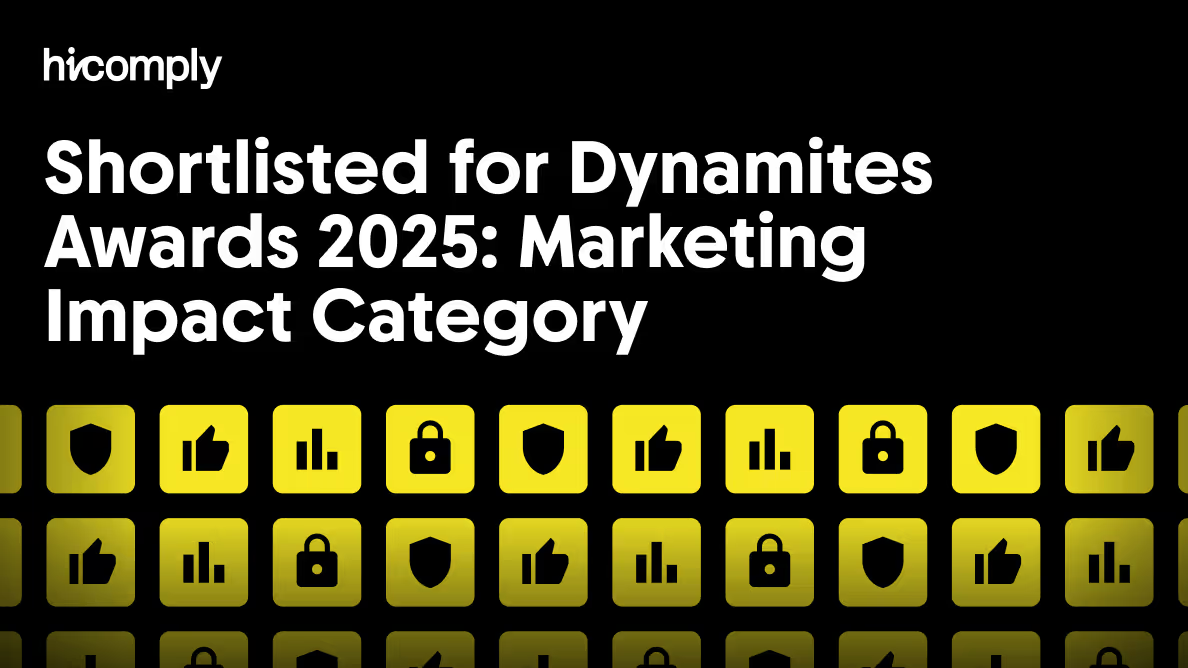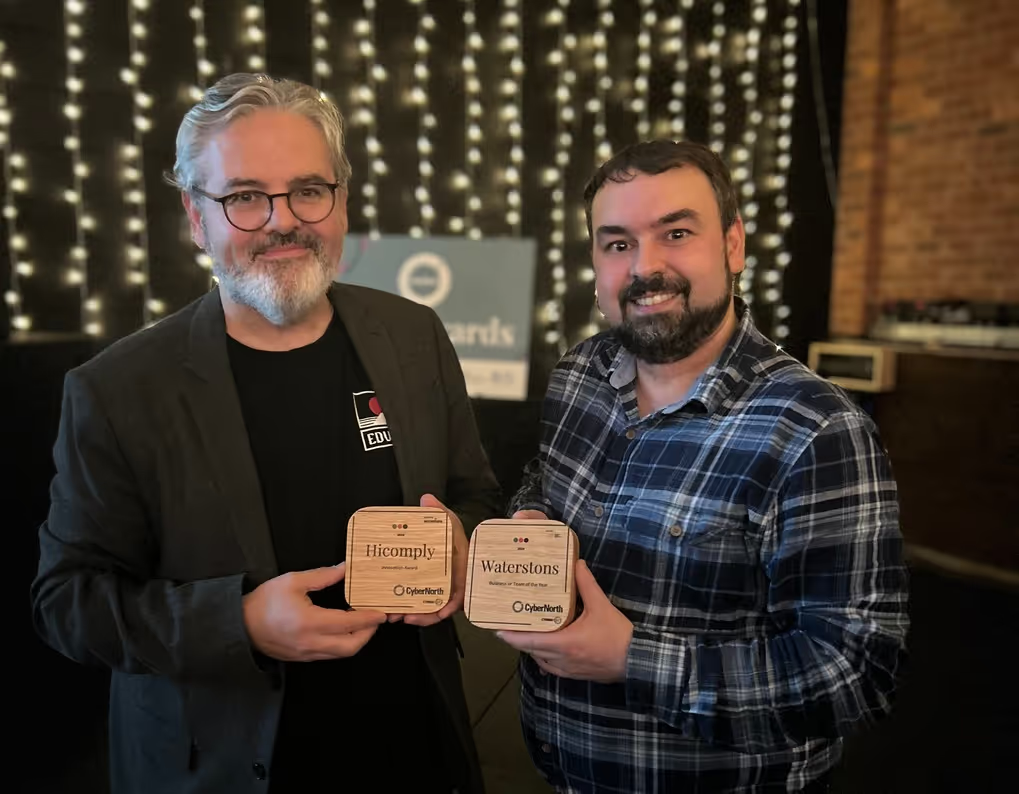Meet Ed Bartlett: Chief Executive Officer
Are you interested in learning more about the Hicomply team? In this interview series; you will hear from Edwin Barlett; our Chief Executive Officer!

As part of our ongoing blog series; we took some time out to interview one of the key members of the Hicomply team; CEO Edwin Bartlett.
In this interview; we find out how he got his start; how the industry is changing; and some handy advice for someone wanted to get involved in the world of ISMS.
How did you get your start in the industry?
I got started in technology as the CEO of a PropTech business called Kykoud in 2011. Information security was a critical part of the success of that business and was where the idea for Hicomply first surfaced. The first major contract that Kykloud won required having ISO / IEC 27001 certification. Winning that business and other similar contracts was transformational and led to us being acquired. We made a significant investment into information security and setting up an ISMS before we hired our fifth member of staff.
How has the industry changed since you started out?
Information security was optional in 2011; today it’s essential for any business looking to secure customers of any substance.
What is your favourite part of your job?
Meeting people; sharing our technology vision; and solving the many daily challenges that exist in any rapidly growing and innovative technology business.
Where do you see the industry in the next five years?
The answer to this question would have been very different in 2019! Digital transformation; COVID remote working; the emergence of cyber risks and nation-state-sponsored cyber-attacks will force rapid innovation in business around how we protect our intellectual property and personal data. Cyber and information security will be a key part of any business just like HR or finance; not an “optional thing” but “a must-do” thing.
What advice would you give to someone wanting to join the industry?
The cyber and information security world is still new to me in some ways; as I came into this from the property technology sector. My main advice is to get started now whatever your current job; this is something that everyone needs to understand; and every board director needs to be thinking about.
What mistakes do you often see businesses make with their data security?
The main mistake is thinking that this is something the “tech” team in a business should handle and throw the challenge over the fence. It’s a business-wide risk and every CEO; MD; or director of the future will have to be knowledgeable and take responsibility for data security if they want to protect their business’ key assets in a digital world – its people and its ideas.
We hope you found some insight into our industry through the eyes of the professionals. If you require any further information; don’t hesitate to check out our blog. Alternatively; we have a number of free downloadable resources that could help your business!
Ready to Take Control of Your Privacy Compliance?
See how Hicomply can accelerate your path to CAF compliance in a 15-minute demo.


.avif)
